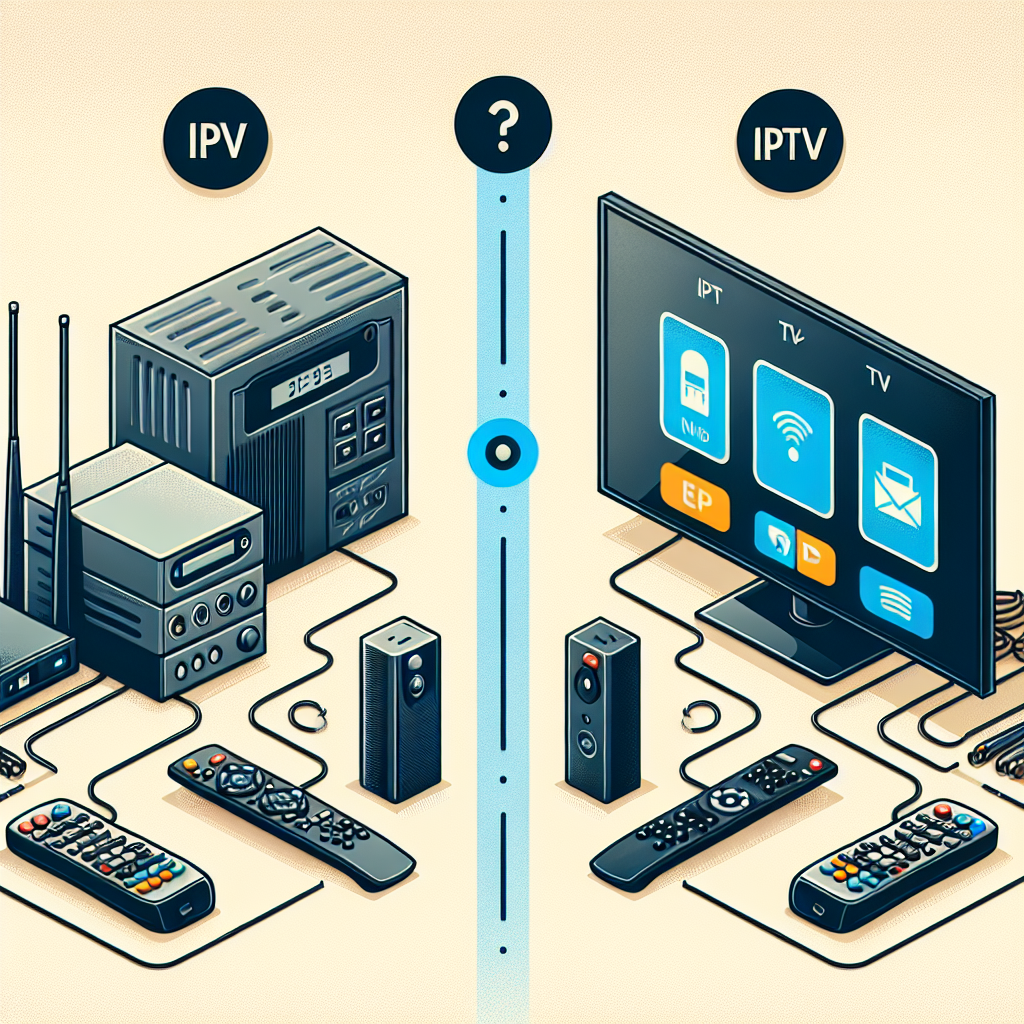Your cart is currently empty!
IPTV vs Traditional Cable: Which is the Better Option for Consumers?

In recent years, the way we consume television content has undergone a significant transformation. Gone are the days when traditional cable TV was the only option for watching our favorite shows and movies. The rise of internet protocol television (IPTV) has provided consumers with a new way to access and enjoy their favorite programs. But the question remains: which is the better option for consumers? Let’s take a closer look at the differences between IPTV and traditional cable to help you decide.
One of the main advantages of IPTV is its flexibility and convenience. With IPTV, you can watch content on any device with an internet connection, including smartphones, tablets, and smart TVs. This means you can watch your favorite shows wherever you are, whether you’re at home, on the go, or traveling. In contrast, traditional cable TV is limited to viewing on a television set in your living room, which can be inconvenient for busy consumers who are constantly on the move.
Another key advantage of IPTV is its customization options. With IPTV, you can choose from a wide range of channels and packages to create a personalized viewing experience that suits your preferences and budget. In contrast, traditional cable TV often comes with fixed packages that may include channels you don’t watch or want, leading to higher costs and wasted resources.
Additionally, IPTV offers better picture and sound quality compared to traditional cable TV. This is because IPTV streams content over the internet, which allows for higher resolution and audio quality. With traditional cable TV, the signal is transmitted through cables, which can sometimes result in lower-quality picture and sound.
On the other hand, traditional cable TV has its own advantages. One of the main benefits of traditional cable is its reliability. Cable TV has been around for decades and has a proven track record of delivering consistent and uninterrupted service. In contrast, IPTV relies on internet connectivity, which can sometimes be unreliable and prone to interruptions, especially in areas with poor internet infrastructure.
Another advantage of traditional cable TV is its ease of use. With cable TV, you simply plug in the cable box and start watching your favorite shows. In contrast, setting up IPTV may require more technical knowledge and troubleshooting skills, which can be challenging for some consumers.
In conclusion, both IPTV and traditional cable TV have their own strengths and weaknesses. IPTV offers flexibility, customization, and better picture and sound quality, while traditional cable TV provides reliability and ease of use. Ultimately, the better option for consumers will depend on their individual preferences and needs. If you value convenience and customization, IPTV may be the better choice for you. However, if you prioritize reliability and simplicity, traditional cable TV may be the way to go.

Leave a Reply